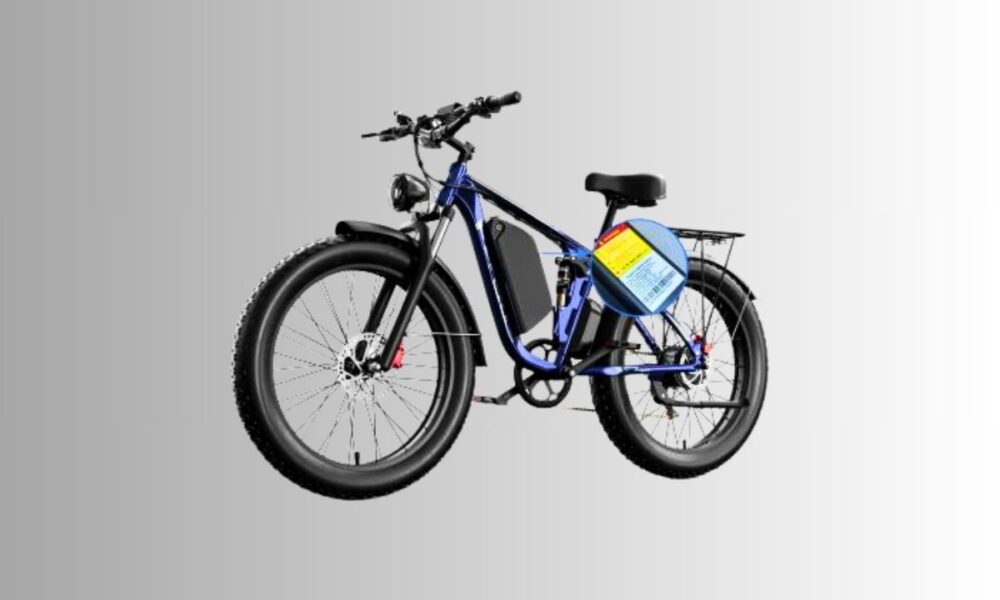If you’ve bought an e-scooter or e-bike recently, now might be a good time to check the brand.
Four separate recalls were issued this month alone, each one pointing to serious safety hazards, including lithium battery fires and structural failures that could lead to crashes.
The growing popularity of electric scooters and bikes across the country has made them a go-to for commuting, socializing, and even food delivery. But the surge in demand has also made room for cutting corners and subpar manufacturing.
Apollo Scooters recalled nearly 800 of its “City” model after it discovered a faulty weld line that could cause the stem (that holds up the handlebars) to break mid-ride. Riders are being urged to stop using the scooters immediately and get a free replacement stem. Apollo is encouraging customers to bring their scooters to a certified service center to make the fix easier and safer.
But while a cracked scooter stem is dangerous, lithium-ion battery recalls are raising more alarm.
A small e-bike brand called FENGQS, which sold around 100 units on Amazon, issued a recall after its batteries were found to pose a fire and burn hazard. Customers are being told to stop riding and properly dispose of the batteries, which cannot simply be tossed in the trash or local recycling bins due to the risk of explosion. The company is offering full refunds, but only after owners document that they’ve safely labeled and disposed of the battery properly.
Then there’s Transpro, which recalled 700 electric scooters this month – not just for fire risk, but because the batteries were fraudulently labeled as having a UL certification, a crucial safety standard. The company confirmed that some of the defective scooters have already caused around $200,000 in property damage. Transpro is also offering refunds or replacements, but is requiring users to destroy the scooter and provide photo proof.
And finally, VIVI, another well-known e-bike brand, recalled 24,000 lithium-ion batteries due to overheating and fire risks. The company is offering free replacement batteries and chargers. Like the other companies, it’s placing responsibility on customers to ensure proper disposal.
Lithium batteries – when poorly manufactured, overcharged, or damaged – can ignite with little warning. Add in structural flaws or mislabeled safety certifications, and the risks build up.
The United States Consumer Product Safety Commission continues to push manufacturers for better oversight and more transparency. However, the reality is clear: many products are still making it to market without proper vetting, and when fire hazards are involved, that’s not just an inconvenience: it’s life-threatening.


